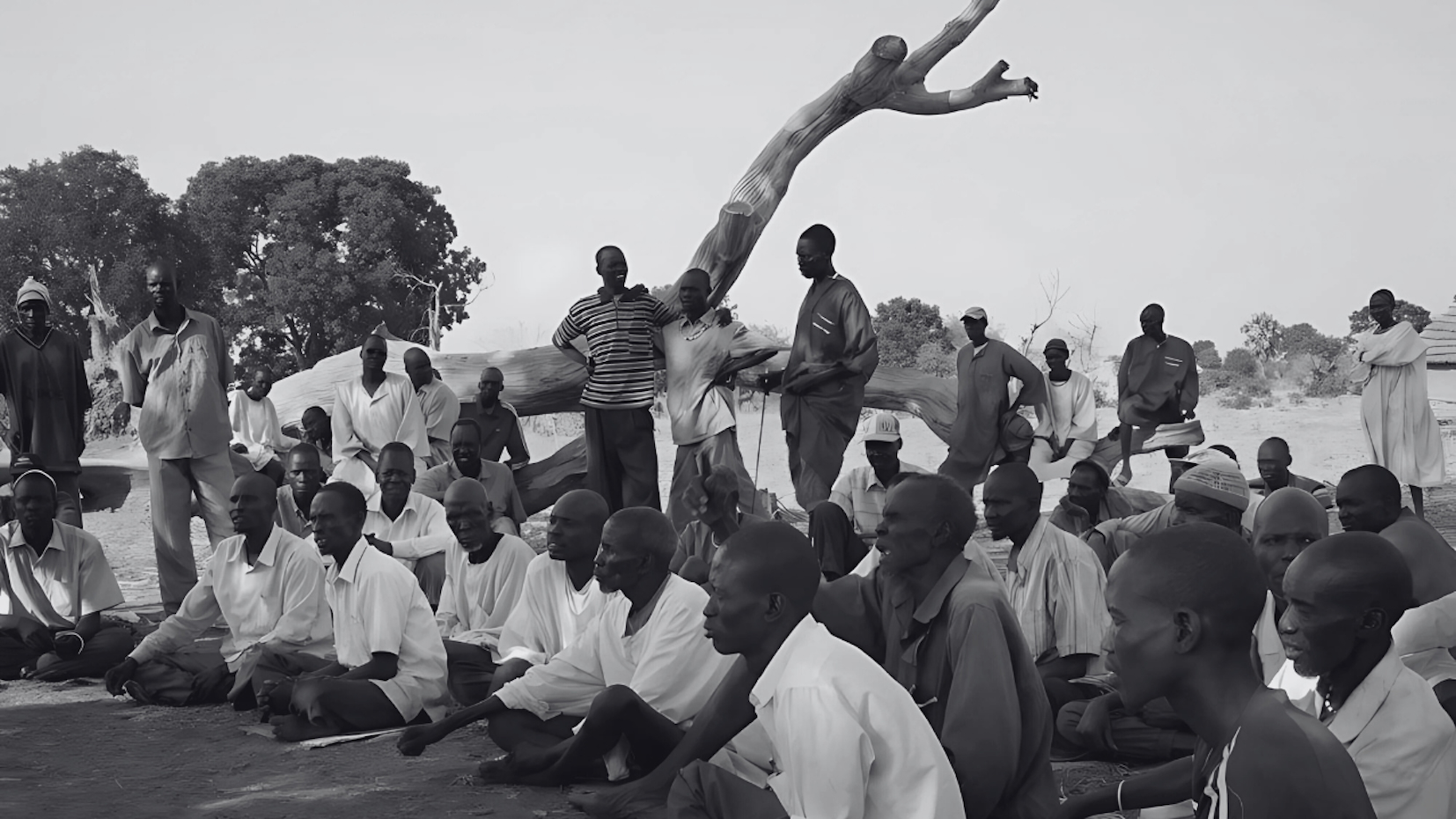Several African countries have in recent years started recognising traditional justice mechanisms operating alongside the formal justice system. In some settings, customary courts are formally established – in others, they are acknowledged without being institutionalised as courts.
This recognition is frequently seen as a strategic move to diversify dispute resolution avenues as a means to ease the caseload burden on formal courts. This is the reason both state actors and legal experts give to justify the importance of alternative dispute resolution forums.
Kenya’s Alternative Justice Systems Framework Policy, for example, underscores the relevance of customary mechanisms, partly because they can reduce judicial backlogs. The 2022 Nakuru plan’s ambitious goal is to alleviate pressure on formal courts by reducing backlogs by 50% using the alternative justice systems policy.
In Uganda, customary courts are considered instrumental in limiting case volumes handled by formal justice institutions. Ethiopia’s Three-Year Justice Sector Transformational Plan and research on customary courts in the Oromia Region both emphasise these alternative mechanisms’ role in alleviating the caseload of formal courts.
There are claims that customary justice has significantly helped decongest regular courts. In Ethiopia, respondents in an ongoing impact assessment of Oromia’s customary courts allege a noticeable decline in the caseload of formal courts following the introduction of customary courts. Likewise, the Kenyan judiciary reports that launching alternative justice action plans in Kajiado and Nakuru counties has helped reduce formal court backlogs.
However, these claims demand closer scrutiny. First, empirical evidence does not support the causal link between formalising customary courts and reducing caseloads in regular courts. Reductions in formal court caseloads may be driven by various political, social and economic factors.
In Uganda, the increase in case disposal in 2022/23 compared with previous years can be attributed to enhanced staffing, automation of court processes, and starting judicial circuits and alternative dispute resolution mechanisms. In Kenya, calls have been made to thoroughly document the work of alternative justice systems to better understand their impact on formal court caseloads.
Second, available data does not substantiate a big reduction in formal court caseloads because of customary courts. In Ethiopia, for example, the Oromia Supreme Court reported an 8.24% reduction in caseloads in 2022/23, but this declined to just 1.7% in 2023/24, even though customary courts handled significantly more cases (107,681) in that time.
The relationship between customary and formal courts is more complex than a simple reduction in caseloads and may depend on the mandate granted to customary courts. In some jurisdictions, customary mechanisms are encouraged to refrain from handling serious offences such as murder and rape, which could increase the burden on formal courts.
In Somalia, elders agreed in 2006 to refer serious criminal cases, such as murder and rape, to the formal legal system. United Nations Development Programme data from 2006-8 revealed that the caseload in the country’s formal courts steadily increased, despite overall reductions in crime rates.
Conversely, following the 1994 genocide in Rwanda, the Gacaca courts were tasked with resolving serious cases that would otherwise have overwhelmed the formal court system. It is believed that these traditional courts spared more than 100,000 suspects from prolonged pre-trial detention in inhumane conditions.
Even when customary courts are primarily intended to address minor disputes and petty crimes, as in Ethiopia, they can still help reduce regular court caseloads. However, the extent of their impact depends on the relationship between the two systems. If formal courts actively refer cases to customary courts and encourage litigants to use them, the burden on the formal justice system could be alleviated.
It is also important to recognise that establishing customary courts does not necessarily create new avenues for justice. Rather, it formalises traditional mechanisms that have existed for centuries.
In Ethiopia, customary institutions handle about three million cases annually, even without formal recognition. In neighbouring Kenya, a 2017 survey revealed that 67% of Kenyans preferred customary justice over formal courts. This suggests that traditional systems are already resolving millions of disputes, potentially alleviating some pressure on regular courts.
That means ongoing high caseloads in formal courts may be caused by inefficiencies in case flow management rather than a lack of alternative dispute resolution mechanisms.
A more principled justification
Most importantly, the relevance of customary justice should be assessed by factors other than its potential to reduce backlogs in regular courts. A more principled justification for recognising and formalising them is necessary.
One reason is that the lack of recognition was a historical injustice – a result of Africa’s colonial legacy. This led to laws being drafted by foreign experts who were either unfamiliar with the deeply embedded customary systems or sought to replace traditional mechanisms with foreign legal structures.
Formalising customary courts would also be in the public interest, as evidenced by the many cases they already handle without formal recognition, and by public perception surveys (such as in Kenya and Ethiopia).
Recognising these courts also allows governments to improve their human rights compliance. By regulating and supporting traditional justice processes, the state can promote and protect cultural values while providing accessible and relevant mechanisms for dispute resolution.
Recognition should not only be viewed as a strategy to alleviate formal court caseloads, but as a crucial step towards integrating indigenous legal traditions into the broader legal framework. This can enrich legal jurisprudence, align with the aspirations of the people, and offer a more holistic and culturally attuned approach to justice. DM
Tadesse Simie Metekia, Senior Researcher, Rule of Law, Institute for Security Studies (ISS) Addis Ababa.
First published by ISS Today.




